Film Critics Debate the Evolving Role of Film Criticism at IFFI 56
Roundtable “Beyond the Thumb – The Role of a Film Critic: A Gatekeeper, an Influencer or Something Else?” held in the sidelines of film screenings
#IFFIWood, 26 November 2025
Reaffirming the vital role film critics, journalists and reviewers play in the global film ecosystem, the 56th International Film Festival of India (IFFI) hosted a compelling roundtable discussion titled “Beyond the Thumb – The Role of a Film Critic: A Gatekeeper, an Influencer or Something Else?” The session brought together renowned critics from across the world to explore the shifting landscape of film criticism in an era defined by digital disruptions, social-media influence, and rapid content consumption.
The discussion was moderated by Davide Abbatescianni and featured eminent film critics Barbara Lorey de Lacharrière, Deepa Gahlot, Sudhir Srinivasan, Meghachandra Kongbam, Elizabeth Kerr, and Baradwaj Rangan.
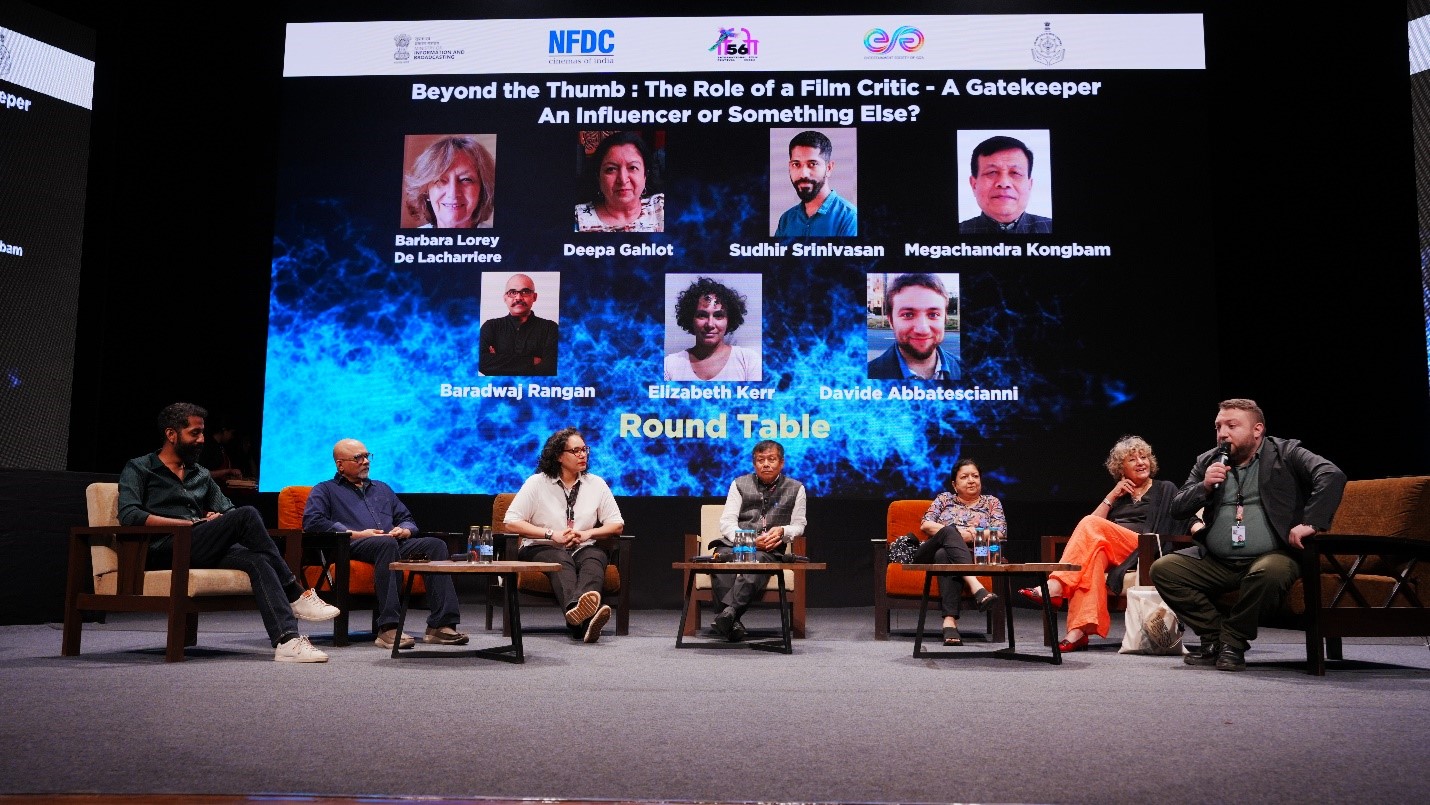
Opening the conversation, Davide Abbatescianni highlighted the dramatic shifts redefining film criticism today. While mainstream commercial cinema may not rely heavily on critics, he noted, independent and debut filmmakers depend profoundly on thoughtful, credible reviews. He also expressed concern about the lack of editorial control in the era of over 150,000 online publications and the growing fragmentation of critical discourse. Davide Abbatescianni warned that with AI-generated content on the rise, the future of criticism may face a “slippery slope”.
“Critics Must Raise Curiosity” – Barbara Lorey de Lacharrière
Barbara Lorey de Lacharrière stated that a critic’s primary role is to serve as a mediator between cinema and audiences, helping viewers discover films beyond the mainstream. Having written extensively on Indian regional cinema and Turkish New Wave films for European journals, she emphasized her passion for introducing lesser-known cinema to wider audiences. She cited shrinking print space and the shift to digital platforms as major challenges, noting research from France indicating that 80% of cinema writers cannot rely solely on criticism for their livelihoods. She also remarked on the growing emphasis on personal branding, where critics themselves become “products”, especially for younger audiences.
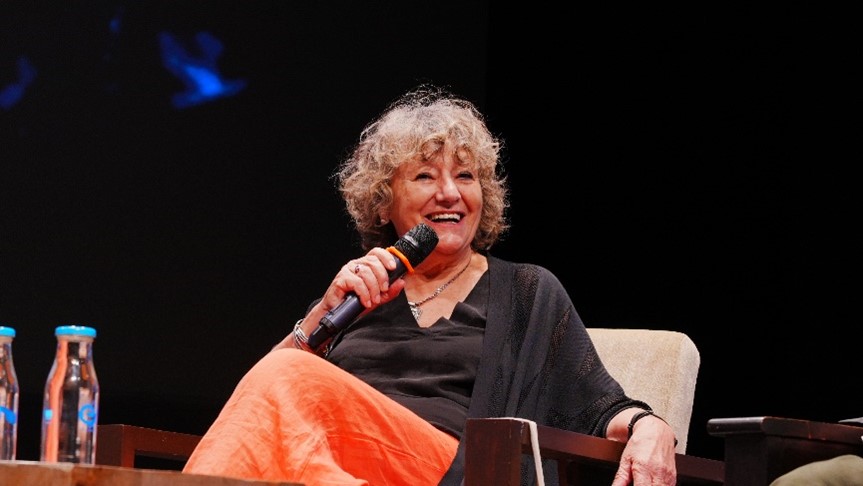
“Democratization Has Led to Fandom, Not Criticism” – Deepa Gahlot
Deepa Gahlot questioned whether the ongoing democratization of the field is a boon or a bane. She warned that much of today’s online criticism is shaped by fandom, lack of depth, and access-based influence, where some reviewers are paid to give ratings without real analysis. With audiences increasingly consuming cinema on OTT platforms, she noted a dilution in the appreciation of cinema’s richness and craft.
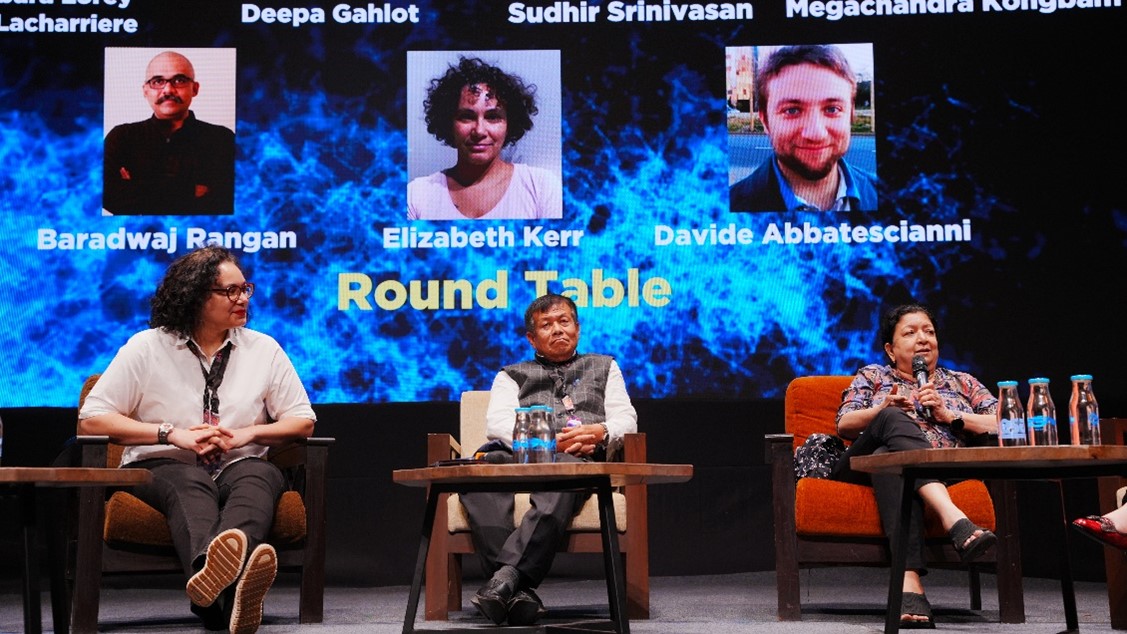
Shift to Digital Is the Most Dramatic Change – Sudhir Srinivasan
Sudhir Srinivasan underlined the shift from print to digital media as the most transformative change. Having moved from writing to producing short video reviews, he acknowledged that audience engagement habits have evolved, but insisted that his approach to criticism remains unchanged. He countered concerns about ethical decline, noting that while earlier a handful of powerful media houses dominated criticism, today’s “thousand little voices” make the ecosystem more democratic. He expressed faith that audiences can distinguish between genuine and sponsored reviews.
“We Need More Awareness About Film Culture” – Meghachandra Kongbam
Representing FIPRESCI (The International Federation of Film Critics), Meghachandra Kongbam emphasized the need to promote film culture and strengthen public understanding of the medium. While accepting that democratization has created some confusion, he argued that independent filmmakers still rely heavily on critics to reach audiences. He noted that with the Government of India recognizing film as part of the creative economy, formal conclaves on film criticism would be valuable.
“Critics Must Find Their Own Voice” – Elizabeth Kerr
Elizabeth Kerr highlighted the surge in platforms and the resulting diversity in content demands. As a writer for multiple outlets with different editorial priorities, she stressed the importance of critics developing their own distinct voice, style, and audience. She voiced concern about Key Opinion Leaders (KOLs) who are often hired by distributors and naturally inclined to give positive reviews, calling it a significant ethical challenge today. She urged critics to evaluate films on their own terms and avoid dismissing any work for a single flaw at the cost of its larger merits.
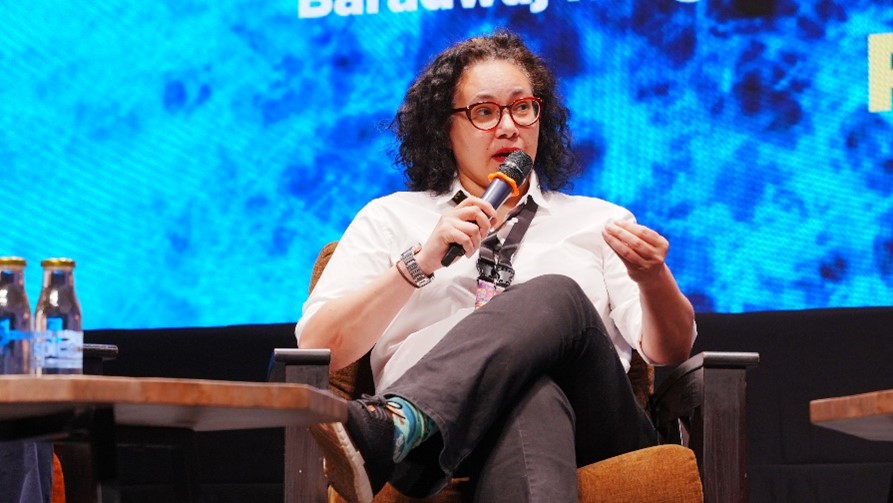
Baradwaj Rangan on the Participatory Culture of Digital Media
Baradwaj Rangan reflected on his journey across print, digital, and blogging since the early 2000s, and noted that digital media introduced instant feedback and participatory culture, radically expanding the number of critical voices and reducing the influence of traditional gatekeepers. However, with heightened competition, critics now face pressure to publish reviews immediately upon a film’s release—contrasting sharply with earlier practices of Sunday review columns. He cited examples from Pauline Kael and Roger Ebert to illustrate how earlier eras offered critics more time and space to shape cultural conversations. Today, he argued, critics must navigate “the gaming aspect” of anticipating public reaction, especially with Gen Z’s preference for sensational, fast-paced content.
As film criticism continues to evolve in an increasingly digital and democratized environment, the panellists collectively underscored the need for authenticity, depth, critical independence, and adaptability. The roundtable reaffirmed that while formats and audiences may change, the essence of criticism—thoughtful engagement with the cinematic arts—remains vital to the health of the film ecosystem.
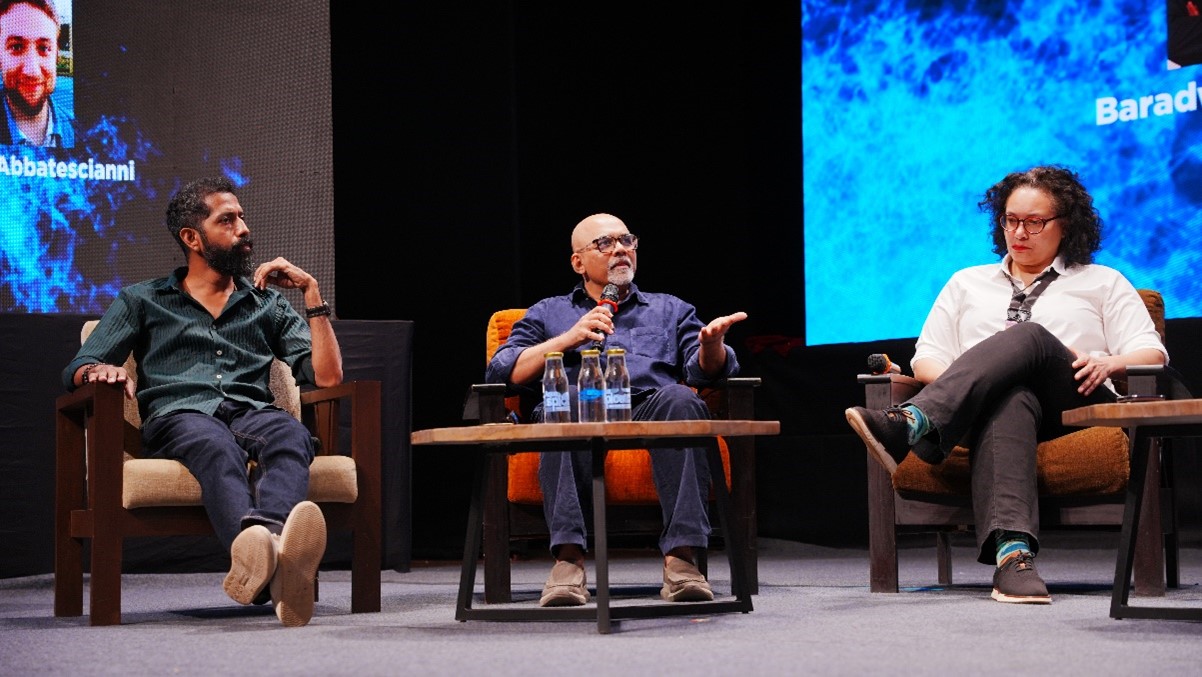
About IFFI:
Born in 1952, the International Film Festival of India (IFFI) stands tall as South Asia’s oldest and largest celebration of cinema. Jointly hosted by the National Film Development Corporation (NFDC), Ministry of Information and Broadcasting, Government of India and the Entertainment Society of Goa (ESG), State Government of Goa, the festival has grown into a global cinematic powerhouse—where restored classics meet bold experiments, and legendary maestros share space with fearless first-timers. What makes IFFI truly sparkle is its electric mix—international competitions, cultural showcases, masterclasses, tributes, and the high-energy WAVES Film Bazaar, where ideas, deals and collaborations take flight. Staged against Goa’s stunning coastal backdrop from November 20–28, the 56th edition promises a dazzling spectrum of languages, genres, innovations, and voices—an immersive celebration of India’s creative brilliance on the world stage.
For more information, click on:
IFFI Website: https://www.iffigoa.org/
PIB’s IFFI Microsite: https://www.pib.gov.in/iffi/56/
PIB IFFIWood Broadcast Channel: https://whatsapp.com/channel/0029VaEiBaML2AU6gnzWOm3F
X Handles: @IFFIGoa, @PIB_India, @PIB_Panaji
* * *
 PIB IFFI CAST AND CREW | Ritu Shukla/Sangeeta Godbole/Sriyanka Chatterjee/Darshana Rane | IFFI 56 - 085
PIB IFFI CAST AND CREW | Ritu Shukla/Sangeeta Godbole/Sriyanka Chatterjee/Darshana Rane | IFFI 56 - 085
Release ID:
2194788
| Visitor Counter:
580
Read this release in:
Konkani
,
हिन्दी
,
Punjabi
,
Tamil
,
Assamese
,
Khasi
,
Gujarati
,
Malayalam
,
Urdu
,
Marathi
,
Odia
,
Kannada